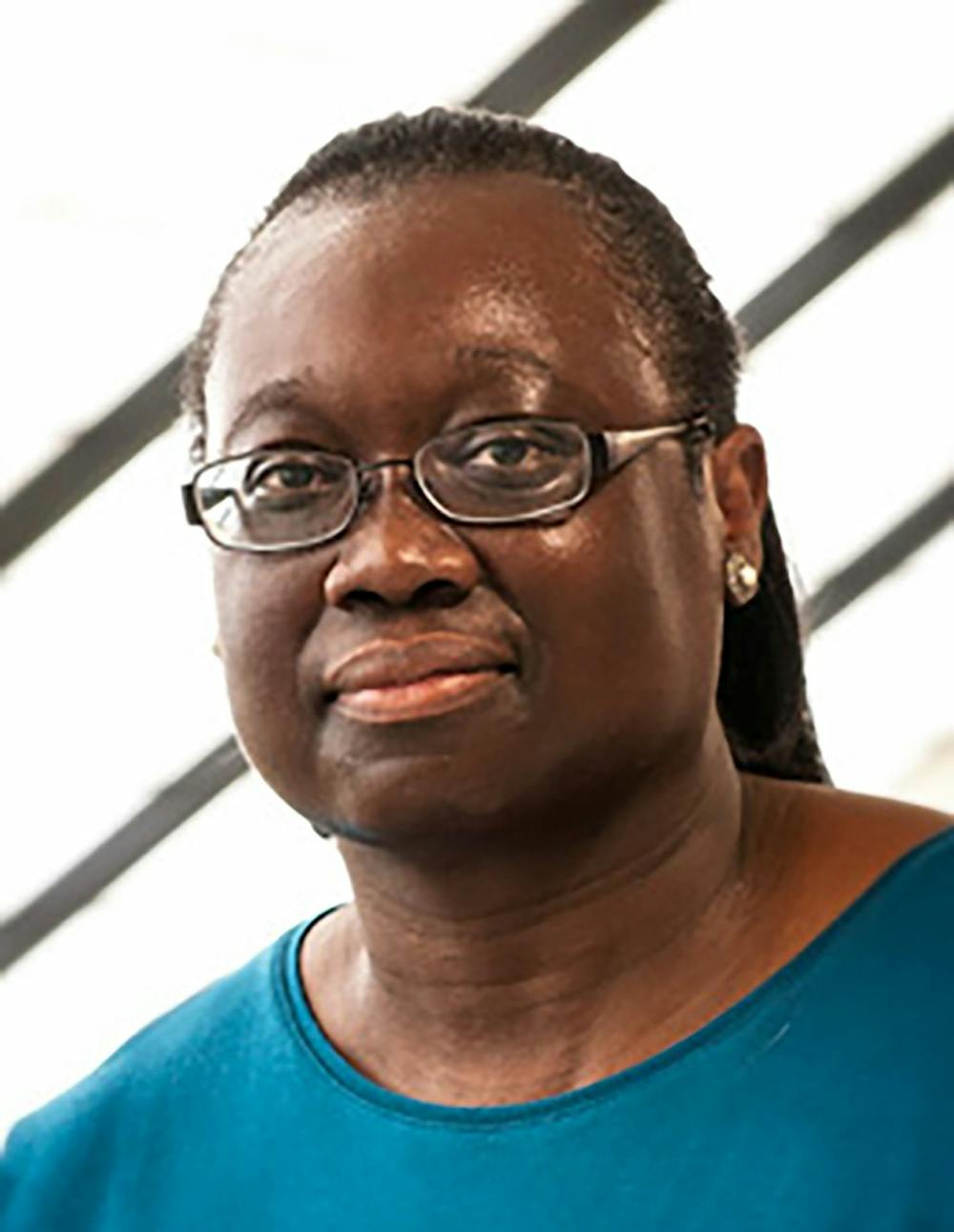College is full of stress – stress from teachers, classes and lack of sleep. A normal amount of stress is healthy, but too much can be dangerous.
Students who are feeling overstressed, overwhelmed by anxiety or who just need someone to talk to can utilize UB’s Counseling Services.
According to Director of Student Health and Wellness Sharon Mitchell, Counseling Services offers individual therapy, couples counseling and group therapy. Unless a student is experiencing a crisis or emergency – in which case, they can just walk in – he or she should make an appointment in order to see one of the 16 counselors that work there. Counseling Services is located in 120 Richmond Quad in the Ellicott Complex on North Campus.
Despite the variety of services that are offered, most students do not seem to be going to Counseling Services. Mitchell said that the amount of students that utilize Counseling Services is not very high. The office saw 1,800 students last semester, which is just 9 percent of the undergraduate population.
The therapists also act as mental health consultants, so if a student or a parent is concerned about someone, he or she can call Counseling Services to get information on how they can address the problem, Mitchell said.
Aside from scheduled counseling appointments, Counseling Services also offers educational programs each year during Eating Disorders Awareness Week, Suicide Prevention Week and Mental Health Awareness Week. According to Mitchell, the educational programs are designed to be preventative, to stop students from acting in ways that might later cause them to need counseling.
Counseling Services also offers anonymous online mental health screenings.
Some students are unaware the services are available, which may be why the center doesn’t see many students.
“I’ve just never heard of them before,” said Shruthi Reddy, a graduate student in electrical engineering. “I didn’t know we had counseling at UB.”
Students need different degrees of counseling, which is why the office assists students in finding outside help if an issue arises that cannot be resolved through the service.
“Let’s say someone has a severe substance abuse problem and they need in-patient treatment, or they have a severe eating disorder and they need in-patient treatment – we don’t do that,” Mitchell said.
Students with severe problems should still contact Counseling Services because even though they don’t possess the resources to help students with severe disorders, they can refer them to someone in the area who can.
Although not many use the Counseling Services currently, Mitchell said that the amount of students using the service is increasing compared to where it used to be.
“I’ve been here 12 years and each year there’s always been a little bit of a bump in the number of students that we see,” Mitchell said.
Not everyone feels the need to utilize the service, as many would rather speak to someone they are more familiar with before a counselor. But Mitchell disagrees – she believes that friends are not always as helpful as counselor might be.
“A counselor has some objectivity that a friend or a parent doesn’t have,” Mitchell said. “We don’t have a connected interest in the decisions that a person makes.”
She believes that students come into the office because there is less of a stigma associated with people seeing a counselor or therapist, compared to what there used to be. There are also more students seeking counseling services for stress and anxiety related problems.
Sometimes the hardest part is taking that first step, like just walking into the office.
John Jacobs is a features staff writer. Features desk can be reached at features@ubspectrum.com.





